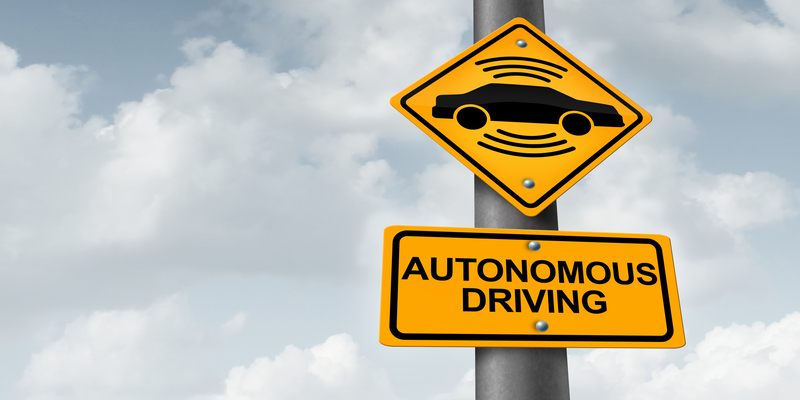
In the grand tapestry of legal innovation, few threads are as vibrant and challenging as those connected to the advent of autonomous vehicles. As technology outpaces legislation, the state of Texas finds itself at the heart of a fascinating confluence of law, technology, and transportation. This article delves into the legal implications surrounding the use of autonomous vehicles in the Lone Star State, bringing to the fore issues of liability, insurance implications, and how Texas compares with other states in terms of legislation.
In Texas, the legal framework for autonomous vehicles is still in its formative stages. The state passed Senate Bill 2205 in 2017, which permits autonomous vehicles to operate in the state provided they comply with all federal laws and regulations, are registered in Texas, and have data recording systems. This legislation, however, leaves several issues unaddressed and raises a myriad of questions, particularly regarding liability and insurance.
The question of liability in the event of an autonomous vehicle accident is a complex one. Traditional vehicular accidents typically attribute fault to a negligent driver, but when the "driver" is software, to whom does the liability fall? Is it the manufacturer of the autonomous vehicle, the developer of the software, or the vehicle owner? Texas law has yet to provide a clear-cut answer, highlighting the need for more comprehensive legislation to address this issue.
Alongside liability, insurance implications are a significant concern. Currently, Texas law requires all drivers, including those of autonomous vehicles, to carry minimum liability insurance. However, if manufacturers bear the liability, there's a possibility that this requirement may change. The shifting responsibility could lead to a radical reformation in the insurance industry's structure, with companies potentially needing to create new policies specifically catering to autonomous vehicles.
It's instructive to compare Texas with other states in terms of autonomous vehicle legislation. California, for instance, has adopted regulations that require manufacturers to obtain a permit for testing and deployment, provide annual disengagement reports, and maintain a $5 million insurance bond. In contrast, Texas has a more laissez-faire approach, placing fewer restrictions on testing and deployment. These differences reflect broader policy perspectives on how to balance innovation with safety.
Looking ahead, Texas is expected to further develop its autonomous vehicle laws. Several considerations will shape this process, such as the evolution of technology, the state's strong preference for deregulation, and the lessons learned from other states' experiences. Stakeholders, including manufacturers, software developers, and insurance companies, will play a significant role in influencing this process, making it a dynamic, evolving landscape to watch.
As we ride into the future, the intersection of autonomous vehicles and Texas law will undoubtedly continue to generate fascinating legal challenges. The Lone Star State, like others, finds itself in uncharted territory, navigating the delicate balance between fostering innovation and ensuring public safety. Finding an attorney who keeps abreast of this developing legal landscape should be your primary goal if you ever find yourself involved in an accident with an autonomous vehicle.
All information provided on Silblawfirm.com (hereinafter "website") is provided for informational purposes only, and is not intended to be used for legal advice. Users of this website should not take any actions or refrain from taking any actions based upon content or information on this website. Users of this site should contact a licensed Texas attorney for a full and complete review of their legal issues.
